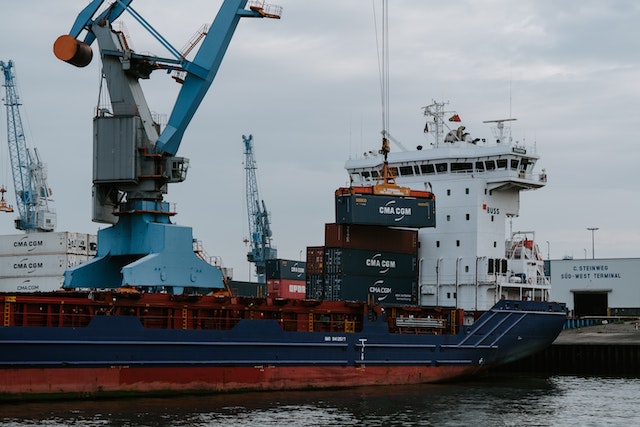In recent times, maritime security has become more important for various reasons. First of all, there is increased threat of terrorism and piracy in this domain. Also, the technology used by terrorists is becoming more sophisticated day-by-day thanks to technological advancements. This article will explain how new technologies can be used to enhance maritime security and how they can be used as an effective tool against these threats.
Maritime Threats
Maritime threats are evolving, increasing and becoming more complex. They occur in different environments, from open waters to port areas, with a wide range of maritime assets and facilities at risk. Maritime threats are becoming more sophisticated, difficult to detect and counter. The maritime security environment is therefore becoming ever more complex, challenging and hazardous for the international community.
It is important that all states have effective measures in place for their own security interests (including those related to their territorial integrity or economic wellbeing), as well as those relating directly or indirectly to the safety of navigation or commerce at sea; this includes ensuring access through straits used for international navigation by large numbers of vessels every day – such as those under UNCLOS III’s articles 15-18 (which deal with Transit Passage).
Role of Maritime Security
Maritime security is a national and global concern. It is about securing sea lanes and protecting ships, it’s about protecting the maritime domain, and it’s about protecting maritime infrastructure as well as ensuring safe navigation for all users of oceans, seas and nearby areas. The protection of our global commons – air space, cyberspace, outer space – is also an important aspect of maritime security that needs to be addressed by the international community.
Another major focus point today is on combatting terrorism in its various forms including piracy, smuggling or illicit activities such as weapons trafficking or drug trafficking through our seas by non-state actors such as terrorists groups like ISIS or al Qaeda etcetera.”
Effect of the Technology on Maritime Security
The maritime domain has been a target for terrorist action. Its size and complexity makes it more vulnerable to terrorist acts. The technology can help in maritime security by helping the government to detect and track suspicious activities, which may include illegal fishing, smuggling of drugs or other dangerous goods, or piracy activities on the high seas.
The technology can also be used for improving the monitoring of movements within ports, preventing illegal entry into port areas; enhancing protection against attacks such as those carried out by suicide bombers; and providing better protection against internal threats such as sabotage attempts on ships’ radars.
The security threats in maritime domain are evolving, but with new technology, maritime security can be enhanced.
As the world becomes more interconnected, maritime security is becoming a growing concern. Maritime security is a complex problem and requires international cooperation to address it. While there are many examples of regional or national efforts to improve maritime domain awareness (MDA), there is still a lack of consistency in standards between countries, making it difficult for organizations to share data across borders. The lack of standardization means that information sharing can be limited by language and cultural barriers as well as privacy laws that vary from country to country.
The recent rise in global trade coupled with increased demand for energy resources has helped boost economic growth around the world—but with this growth comes risk: terrorist attacks against ships could disrupt supply chains and cause serious damage both financially and physically if they succeed in causing an accident at sea or on land.
Conclusion
The maritime domain is one of the most important sectors for any country. Therefore, it is very essential that the security and defense mechanisms are strengthened in this sector. Maritime security is not only about protecting your borders from external threats but also from internal threats such as terrorism and smuggling. With new technologies, it becomes easier to monitor these threats and respond accordingly.





